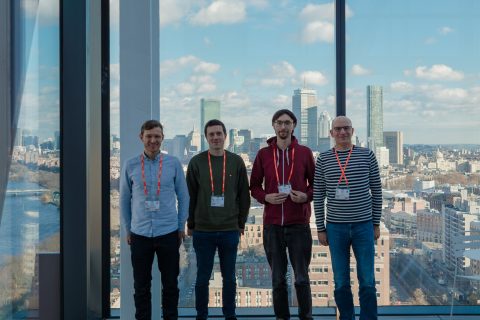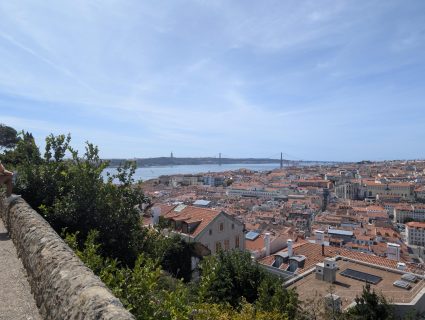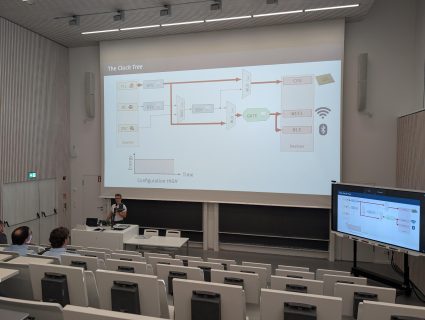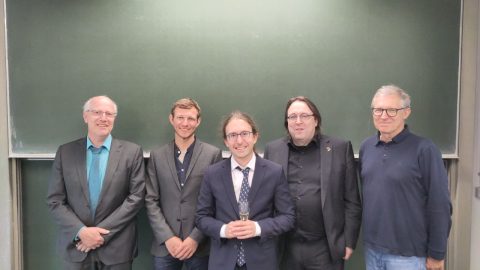Startseite
Established in 1972, managed from 2002 in the second generation until the end of September 2023 and now in the third generation since October 2023, the chair Department of Computer Science 4 deals with fundamental issues relating to the complexes of system software that supports programs or applications and facilitates the programming or operation of computing systems, monitors and controls the execution of programs, operates computing systems reliably and efficiently in a specific manner and implements an abstract machine with all these characteristics — a layer of software, commonly referred to as the operating system or middleware. In this sense, teaching and research at the chair is generally geared towards a resource-aware systems programming in terms of space, time and energy for stationary, mobile, embedded or centralized or distributed systems, whose individual nodes are typically parallel computing systems in the form of multi- or many-core systems.Talks
| Date | Title | Speaker |
|---|





